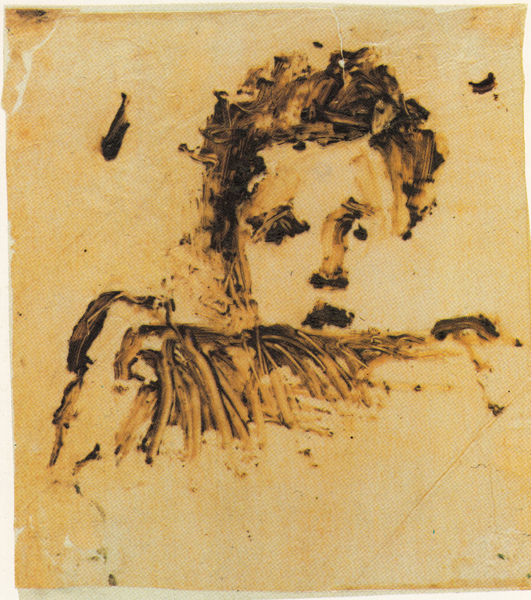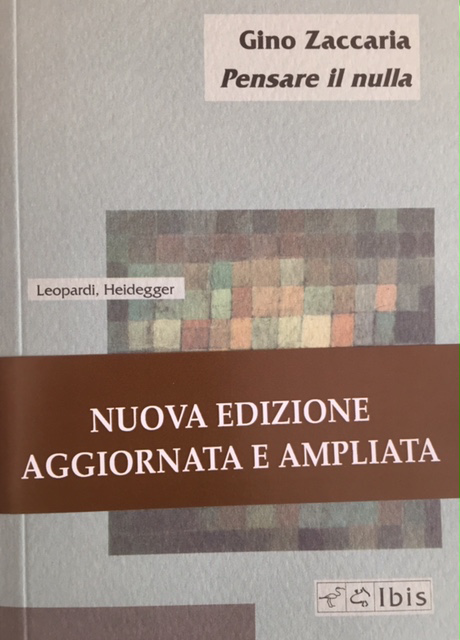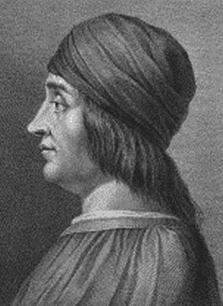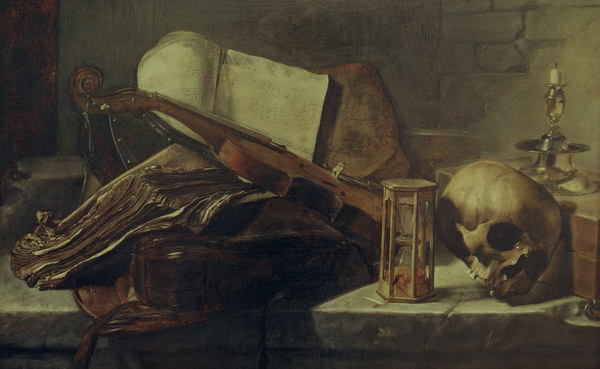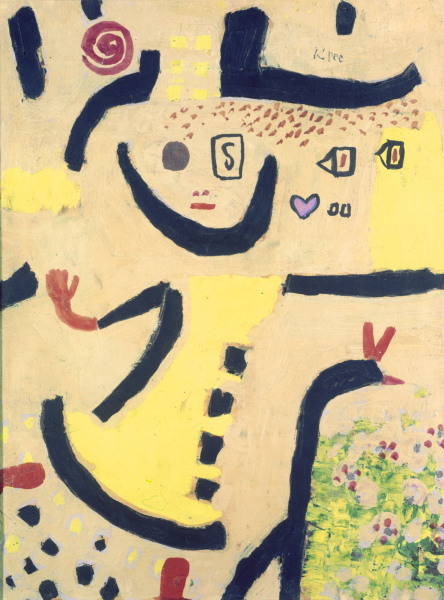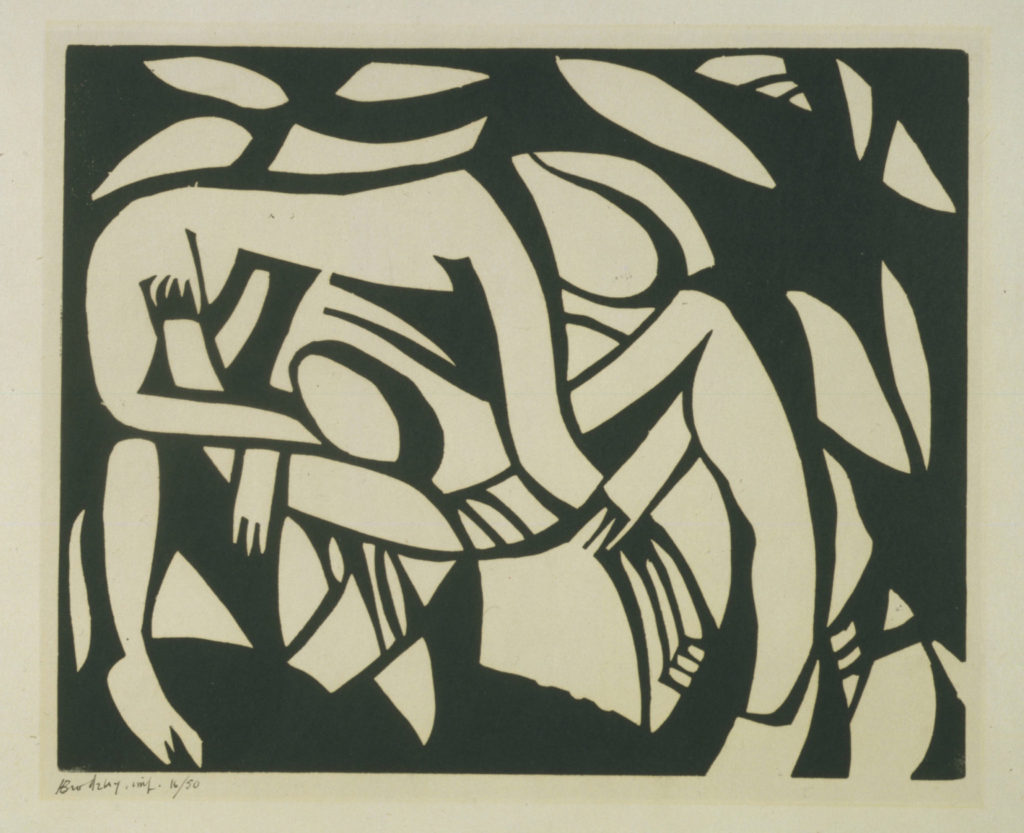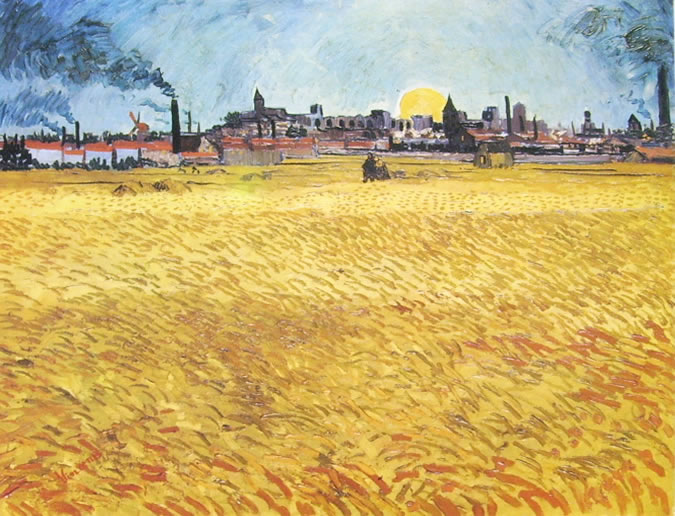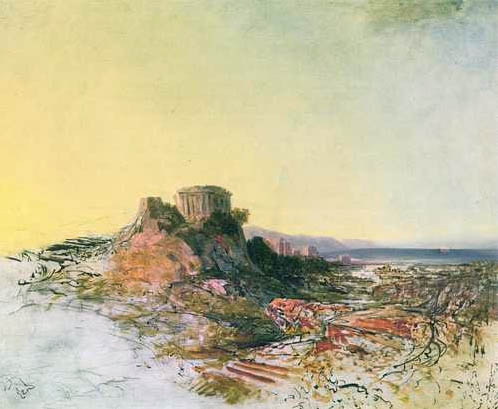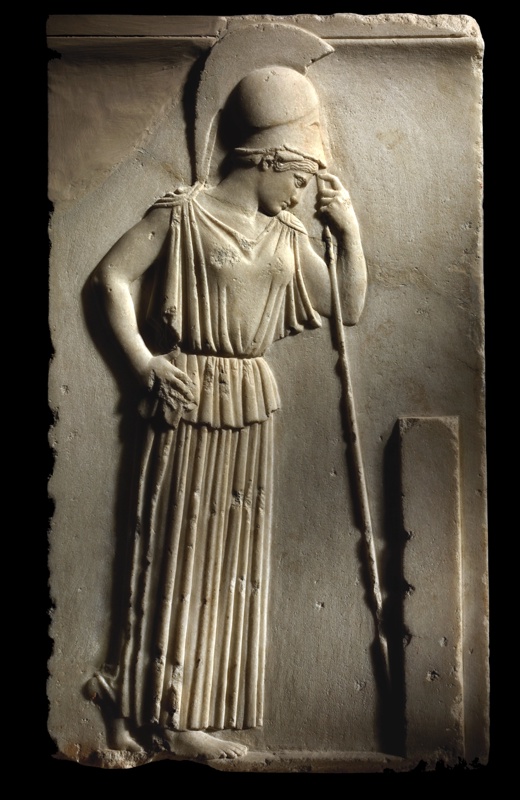
Il dialogo a quattro voci – o tetralogo – che qui pubblichiamo è il primo frutto di un più ampio lavoro ermeneutico sui frammenti di Eraclito condotto, a partire dal gennaio 2014, nel quadro di un progetto di ricerca dell’Accademia di studi italo-tedeschi di Merano.
Con questo tetralogo si inaugura la serie degli acta academiae maiensis.
*
Der hier veröffentlichte vierstimmige Dialog – oder Tetralog – ist der erste Ertrag einer umfassenderen hermeneutischen Arbeit an den Fragmenten des Heraklit, die seit Januar 2014 im Rahmen eines Forschungsprojekts der Akademie deutsch-italienischer Studien Meran vorangebracht wird.
Der Tetralog eröffnet die Reihe der acta academiae maiensis.
A sinistra: Rilevo votivo di Atena (460 a.C.; marmo pario; Atene, Museo dell’Acropoli)
De Gennaro, Kazmierski, Lüfter, Zaccaria — Eraclito
